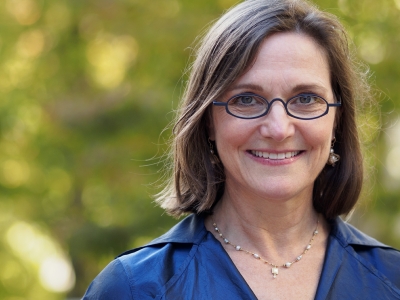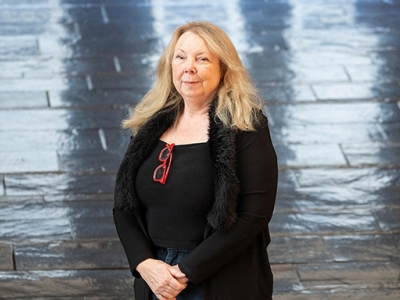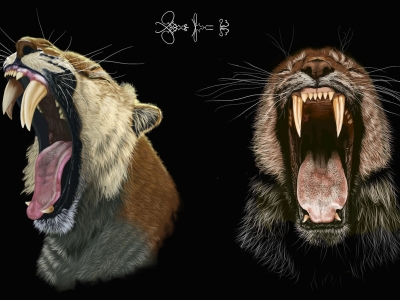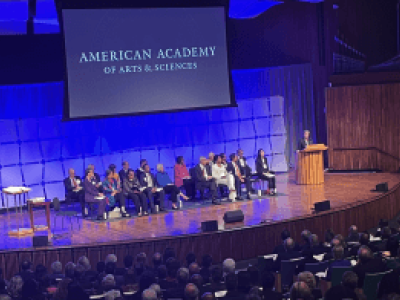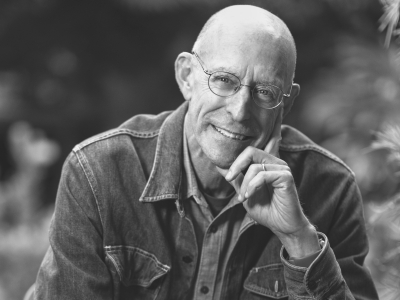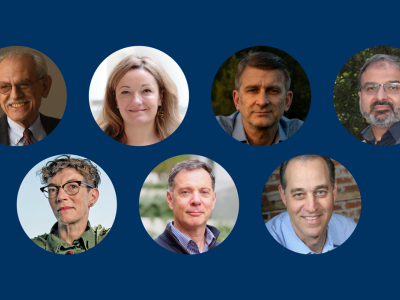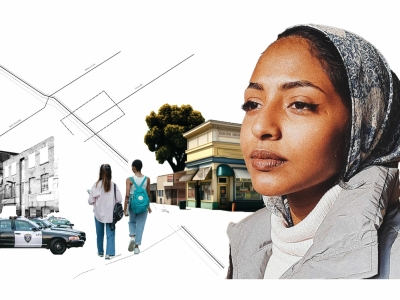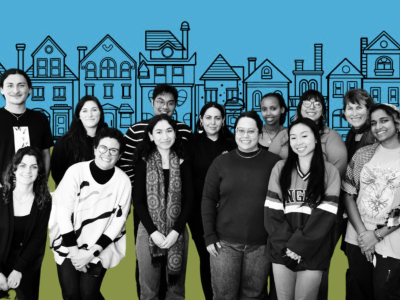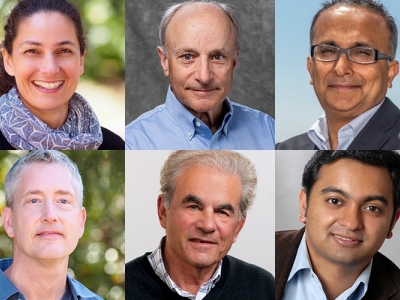New research suggests that competition over love and real estate drives two extreme behaviors in green-rumped parrotlets.
Research News
Learn more about UC Berkeley's researchers and innovators.
Showing 305 - 320 of 3487 Results
Two Berkeley professors were recognized into the National Academy of Sciences for their distinguished and continuing contributions in original research.
The award, which is one of up to 100 the Foundation grants annually, recognizes internationally acclaimed scholars for their lifetime contributions.
Berkeley researchers suggest saber-toothed cats held onto their baby teeth to stabilize their sabers.
Two DTI researchers were elected to the 2024 class of the American Academy of Arts & Sciences announced on Wednesday, April 24.
In a Q&A, Emeritus Professor Michael Pollan discusses his time at Berkeley and the value of storytelling.
Seven UC Berkeley scientists — including a chemist, a psychologist, an engineer, two biologists and two physicists — are among 250 new members elected to the American Academy of Arts and Sciences.
The Possibility Lab at UC Berkeley is tapping the expertise of hundreds of residents to learn what helps them feel safe in their everyday lives.
Berkeley professor's work sheds light on the health of some of the nation’s most disadvantaged youth.
In her book, UC Berkeley sociology professor Marion Fourcade investigates what our dependence on ratings and rankings means for the future of individuality and society.
Research from the UC Berkeley Center for Long-Term Cybersecurity brings to light the transaction costs associated with municipal cyber risk management and how we can utilize technology governance at the municipal and regional scales.
Researchers aim to create a set of open-source tools to enable the production of high-resolution maps of sand-mining activity around the world.
Researchers have uncovered a remarkable metal alloy that won’t crack at extreme temperatures due to kinking, or bending, of crystals in the alloy at the atomic level
Berkeley professor uses statistical analysis of the interaction between El Niño and rising global temperatures to help regions prepare for extreme heat events and protect humans, livestock and crops.
Berkeley scholars say that by attacking the prosecutors and judges in his cases, the former president is trying to discredit the charges, rall
Six UC Berkeley researchers have been elected 2023 Fellows of the American Association for the Advancement of Science (AAAS), the world’s largest general scientific society and publisher of the Science family of journals.


